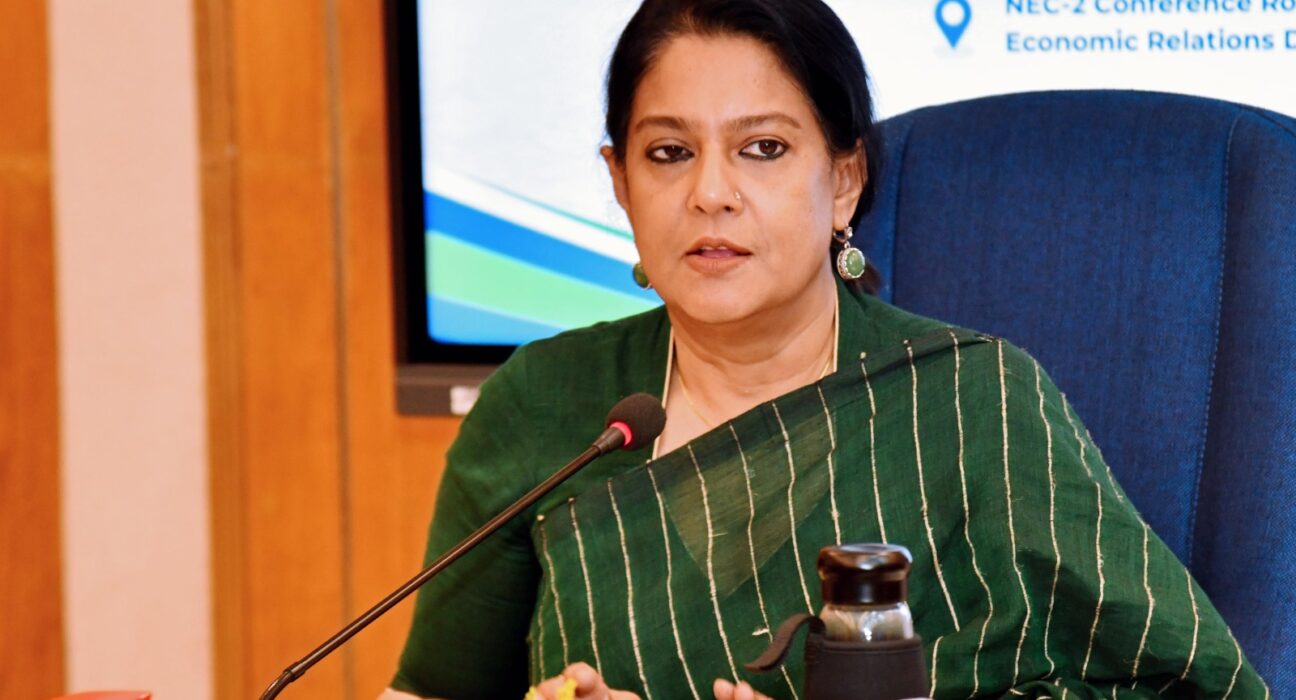Syeda Rizwana Hasan, Advisor to the Ministry of Water Resources and the Ministry of Environment, Forest and Climate Change, has stated that development that comes at the cost of destroying nature cannot be sustainable. “If we consider cutting forests, leveling hills, and building railways as development by destroying nature, then we are on the wrong path. We must move away from this misguided course,” she said.
She made these remarks as the Chief Guest at the inauguration of a training session titled “Introduction to Financial Analysis and Investment Instruments for Climate Finance,” held today (Wednesday) at the Economic Relations Division (ERD) conference room in Sher-e-Bangla Nagar, Dhaka.
Advisor Rizwana Hasan further stated that no matter how much development aid or allocation we receive, it will not be sufficient if we do not conserve nature or invest adequately in both adaptation and mitigation. She added that under the UN Framework Convention on Climate Change (UNFCCC) and the Paris Agreement, countries that are obligated to provide us with funds are now emphasizing “nature-based solutions” — yet are not allocating real money. “They are telling us to prepare ourselves and protect nature so we can survive disasters, but in doing so, they are shifting their burden onto us. This is not an acceptable solution,” she said.
The Advisor emphasized the need to reassess our financial management and planning to effectively address emergencies in nature and forest conservation. She noted with optimism that the Government of Bangladesh has established a platform called the Bangladesh Climate Development Partnership, supported by SIDA, ADB, and other development partners. “We want this process to be fully operational from July 1, 2025,” she said.
She added that priorities have already been identified, and discussions will soon be held with relevant ministries. According to her, in today’s context, it will be extremely difficult for developing countries to survive without sufficient financing for adaptation. “Even now, we have not reached the global balance in financing for adaptation and mitigation. Most of the funds are going to mitigation, which is primarily the responsibility of developed countries. As a result, we are suffering from a problem we did not create and are being forced to take loans to solve it,” she said. Therefore, she emphasized the need to deeply understand the politics of climate finance and climate justice. “Our plans must be smarter, more transparent, inclusive, and equitable,” she stressed. While some progress has been made in tackling climate change, much more needs to be done. What is being done is not enough, and neither is the compensation for those affected, she concluded.
The event was chaired by Md. Shahriar Kader Siddiky, Secretary of the Economic Relations Division. Additional Secretary of ERD A.K.M. Sohel presented the concept paper on the training program. Representatives from development partners including ADB, SIDA, and GIZ participated in the event.


